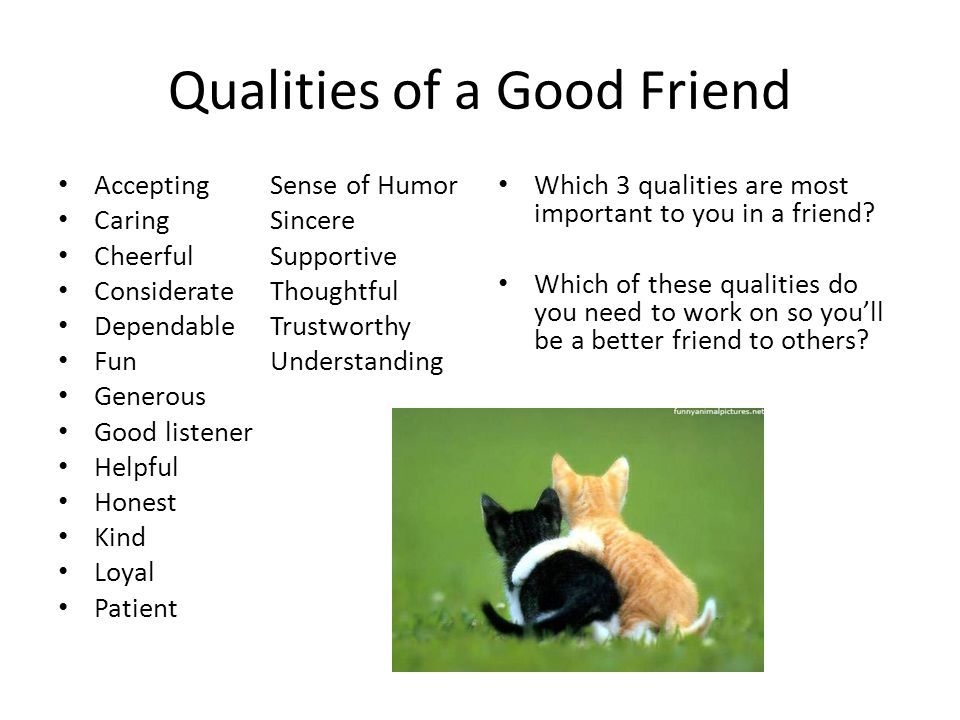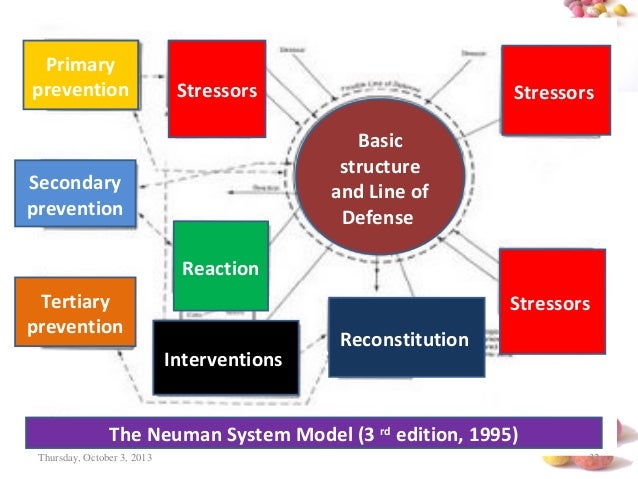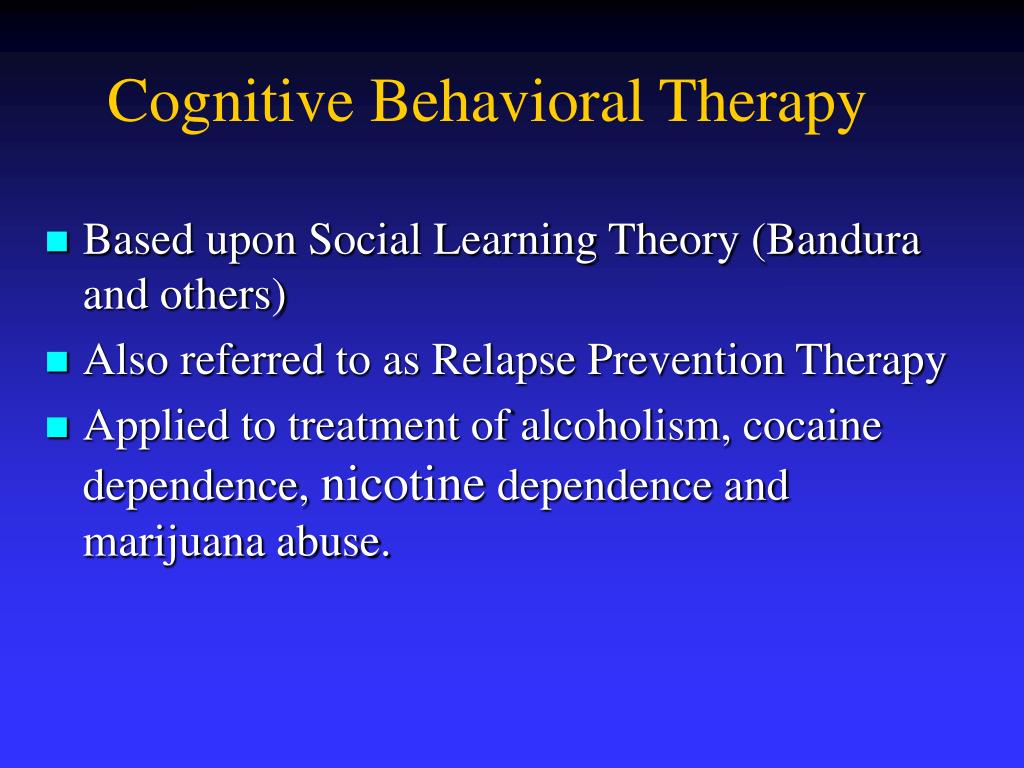What are some good relationship boundaries
A Guide for Building and Keeping
Jump to section
What does it mean to have healthy boundaries in relationships?
Why are relationship boundaries important?
What are the 5 types of boundaries?
What are examples of boundaries in relationships?
What are some examples of healthy boundaries?
What is the difference between healthy and unhealthy boundaries?
What are 4 ways to set healthy boundaries in a relationship?
Moving forward
Boundaries in relationships are important, at home and at work.
Without boundaries, you can lose your work-life balance. Maybe your boss constantly asks you to work long hours or your family members interrupt you during important meetings. Either way, the rise of remote work has made it more important than ever to establish relationship boundaries.
Physical boundaries tell you where you can and cannot go. On a road, they tell you where you can and cannot drive. They don’t come as yellow warning signs, but relationship boundaries are just as important as the ones that save you from driving where you shouldn't.
A boundary is a clear line. It can tell you where to stop. It can define where one thing ends and another begins. In any relationship, boundaries define where things like our personhood, our identity, our responsibility, and our control begin and end relative to the other person.
However, seeing, understanding, and establishing boundaries isn't always easy. Your boundaries for your family members could be different from those for your friends, for example.
Just as there are different kinds of relationships, there are many types of boundaries. Let's start by learning what it looks like to have healthy boundaries in relationships.
What does it mean to have healthy boundaries in relationships?
Healthy boundaries in relationships create mutual respect between individuals. Setting boundaries helps us know what's expected in the relationship. Plus, boundaries show us how we can respect each other’s personal space, comfort level, and limits.
Boundaries can look different in every relationship.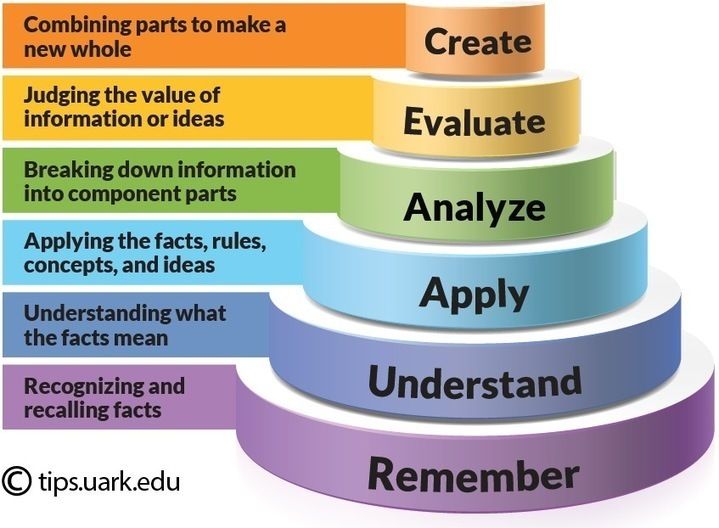 We have unique relationships with our friends, coworkers, family, and romantic partners. For example, you may share financial accounts with your romantic partner, but not your parents.
We have unique relationships with our friends, coworkers, family, and romantic partners. For example, you may share financial accounts with your romantic partner, but not your parents.
Similarly, maybe you express lots of emotions with your family members, but not your coworkers. It’s probably not appropriate to complain to your officemate about your relationship problems. However, it’s perfectly fine to vent about your intramural soccer team’s loss.
Whatever the relationship, we need to respect existing boundaries and give each other space to set new limits. In healthy relationships, both people have healthy self-esteem and are able to both be vulnerable and assert their boundaries. They feel free to think, feel, and act independently.
Remember, the boundary is always set at the level of the least comfortable person. In a work or group setting, that person might not speak up. That’s why we tend to have some social norms around default boundaries in environments like the office.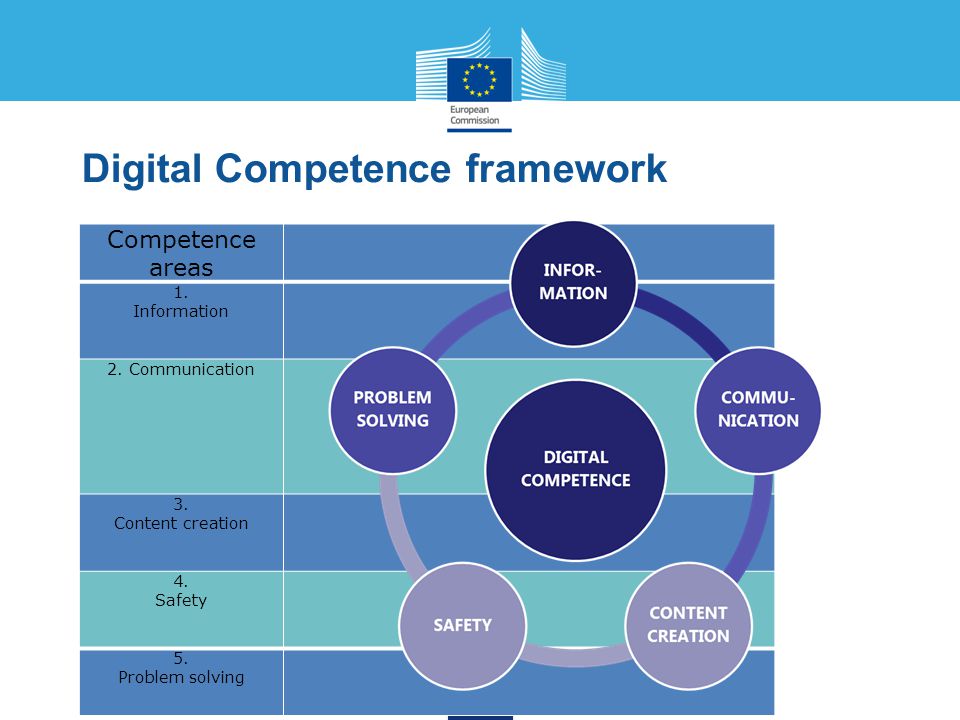
Ultimately, everyone wants to feel like their well-being is valued and cared for. Boundaries in relationships can help you get there, by allowing you to communicate your needs and limits.
Why are relationship boundaries important?
Boundaries are a form of self-care. They’re a way of taking care of your mental health and ensuring that your well-being is respected.
For example, knowing your partner's boundaries helps you know them as a whole person. This is because respecting their limits can help them feel more safe to open up to you. From there, true connection and intimacy can bloom.
Relationship boundaries with your coworkers can be even more important. Unprofessional behavior can impact your career trajectory. However, many people fail at proper boundaries — a survey by Udemy showed that 37% of office workers believe their coworkers are too informal on workplace chat platforms, for example.
Without boundary setting, relationship and career growth can be tough.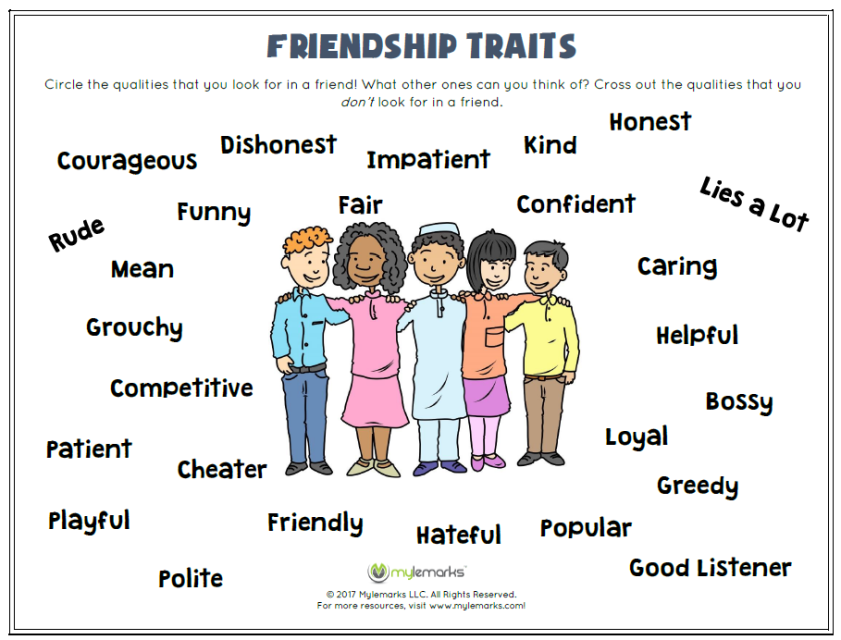 Speaking up for yourself — and giving others the opportunity to do the same — will pave the way for better mental health for everyone.
Speaking up for yourself — and giving others the opportunity to do the same — will pave the way for better mental health for everyone.
That said, learning how to have boundaries in relationships might be new for you. If you feel like you need extra support, consider trying BetterUp. BetterUp can provide the guidance you need to implement habits that prioritize your well-being.
What are the 5 types of boundaries?
Within your relationships, you need more than one or two boundaries. No single boundary can encompass all your needs. As you begin prioritizing your comfort and ability to function as an independent human, think about the 5 kinds of relationship boundaries below.
1. Emotional boundaries
Emotional boundaries have to do with being clear on what is and isn't yours to feel or fix. Your emotions and emotional well-being are within your control regardless of what is happening for the other person. These boundaries help us show empathy without absorbing the other person’s feelings.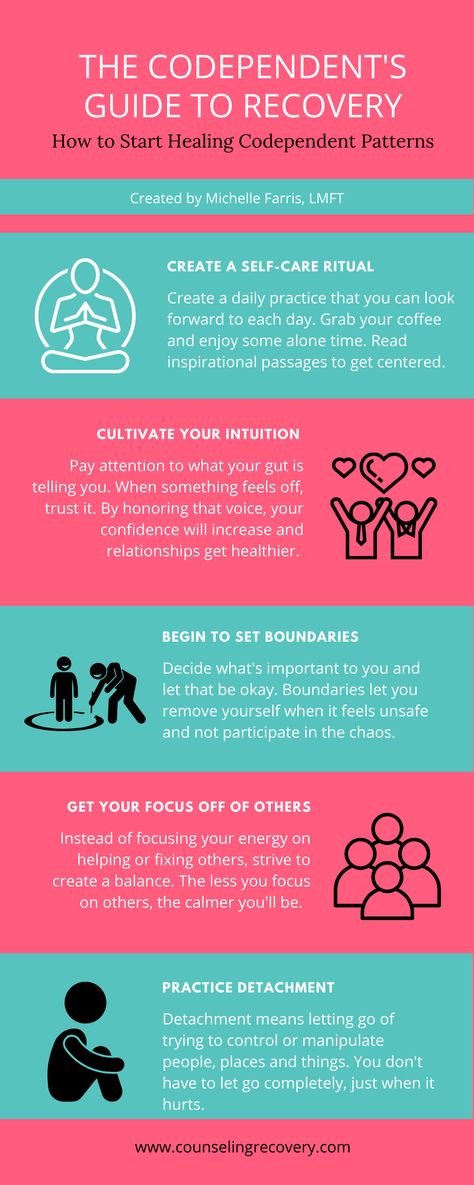
At work, emotional boundaries can be played out when you listen to a peer's difficulties with their manager. An emotional boundary looks like not being obliged to also be mad at the manager or drawn into the other person’s frustration.
As a parent, emotional boundaries can mean not letting your own mood be contingent on the mood of your teenager. Even though you want them to be happy, you can separate yourself and have your own feelings. Another emotional boundary can be not getting upset when your partner doesn't follow you into a spiral of despair when watching the news.
Ultimately, emotional boundaries in relationships are about maintaining our individuality. We all have our own thoughts and feelings, and can care about each other without losing our sense of self.
2. Intellectual boundaries
Everyone has different beliefs, ideas, and values. Intellectual boundaries help us respect one another's different viewpoints. This is important so that you don’t expect people in your relationships to share all of your opinions or adopt all of your views.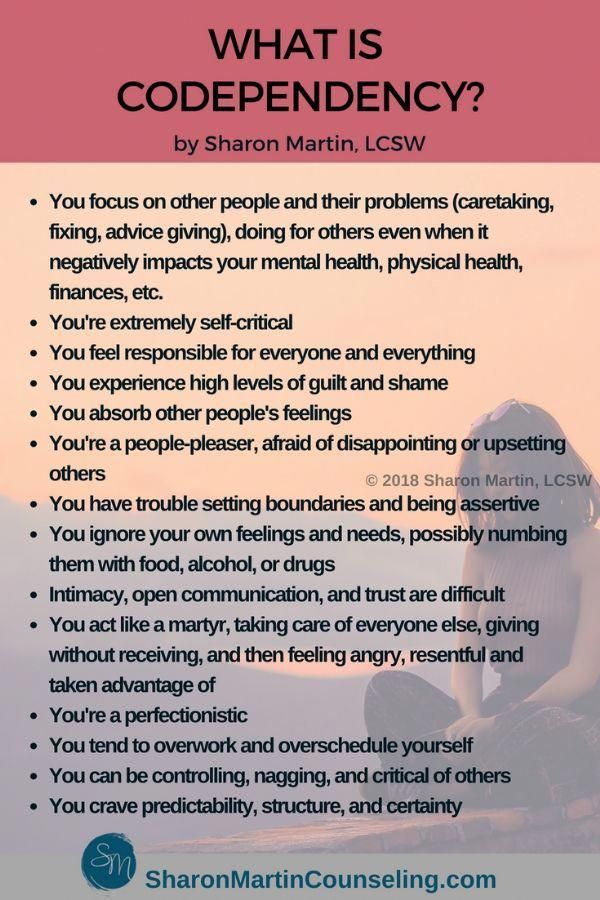 Even if you disagree with your coworkers or loved ones, you still need to be able to share your opinions and feelings.
Even if you disagree with your coworkers or loved ones, you still need to be able to share your opinions and feelings.
This isn’t so much worrying about whether your opposing view hurts another person’s feelings. It’s more about respecting their right to hold their own opinions, whether about politics or a marketing strategy.
Intellectual boundaries can also help you feel more secure in holding your own opinions. Instead of trying to be liked by everyone by agreeing with them, you can remain true to yourself.
You may need intellectual boundaries if your differences lead to arguments and insults. Do you feel personally attacked or offended when the other person disagrees with you? Does the other party? Is it about any difference or just certain topics?
Reconsider why you or the other person feels so threatened. From there, establish intellectual boundaries that allow you both to feel your viewpoints are valued.
3.Physical boundaries
Physical boundaries are an important type of relationship boundary. We all have different levels of comfort when it comes to physical touch — some people may be comfortable with hugs in the workplace, for example. Others may not appreciate physical touch in this context.
We all have different levels of comfort when it comes to physical touch — some people may be comfortable with hugs in the workplace, for example. Others may not appreciate physical touch in this context.
Speaking up about your physical boundaries at work or with your friends is important. Even if others can’t understand your boundaries, you have a right to do what makes you comfortable. Make sure you give your friends and coworkers space to voice their personal limits, too.
4. Financial boundaries
Conversations about money can be tough, but we all know they’re needed. You probably already talk about money with your partner — maybe you have joint accounts or are saving for a vacation. However, money is also a factor in other relationships.
If your friends constantly choose expensive restaurants, for example, you may need to set a boundary about what you’re willing to spend. The same goes for coworkers who ask you to join them for lunch or happy hours.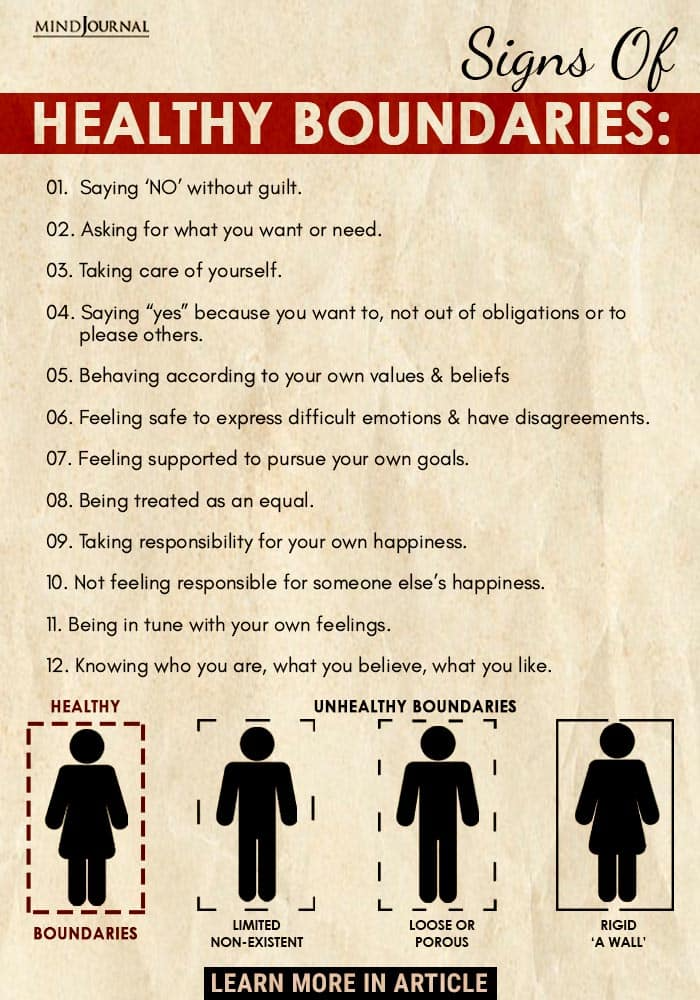 Consider what your financial goals are, and be ready to share your relationship boundaries for this area.
Consider what your financial goals are, and be ready to share your relationship boundaries for this area.
5. Sexual boundaries
When it comes to physical intimacy, sexual boundaries shouldn’t be ignored. Discussing what's off-limits and what kind of contact you prefer is needed to develop a trusting relationship. Setting sexual boundaries also includes prioritizing consent.
What are examples of boundaries in relationships?
We can set all sorts of boundaries in our relationships. The bottom line is that our boundary setting should make us feel respected in our relationships.
Here are five examples of healthy relationship boundaries:
- Expecting others to communicate during disagreements with maturity
- Letting go of codependency and having your own identity
- Asking for personal space and quiet when you're working
- Voicing your concerns rather than holding onto resentment
- Leaving the situation when someone is communicating disrespectfully with you
What are some examples of healthy boundaries?
Our personal boundaries should always be heard and never excluded from any relationship.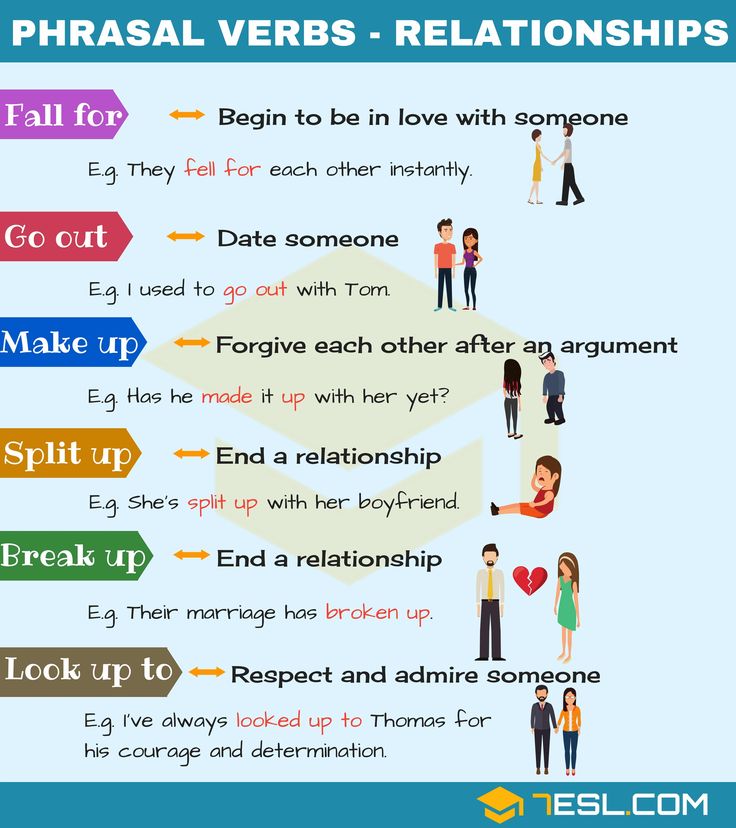 To give you an idea of what personal boundaries can look like, here are five examples:
To give you an idea of what personal boundaries can look like, here are five examples:
- Ownership and agency over your financial assets
- The ability to stay true to your sense of self, spiritual beliefs, and passions
- Ability to prioritize personal time for self-care
- The right to change your mind and preferences
- Alone time with no distractions or interruptions
What is the difference between healthy and unhealthy boundaries?
Ready to start setting relationship boundaries? First, take a moment to understand the difference between healthy and unhealthy boundaries.
We know that healthy boundaries are supposed to develop mutual respect and create a sense of comfort and safety. Unhealthy boundaries do the opposite — they are often actually a lack of boundaries.
These boundaries aim to control the other person and manipulate them into doing things they don't want to do. In fact, unhealthy boundaries are a common tactic of toxic people.
In fact, unhealthy boundaries are a common tactic of toxic people.
If you have a friend that gets overly angry when you are too busy to spend time with them, they may be trying to control you. That's a red flag, and suggests that they aren’t truly a friend.
You may also have seen unhealthy boundaries in toxic workplaces. Have you ever had a manager require constant overtime, even when a project wasn’t that urgent? Or maybe you have a coworker that doesn’t respect your time off, and messages you at all hours of the day.
Regardless of the situation, these unhealthy relationship boundaries demand too much. Someone with unhealthy boundaries doesn't question how the other person feels. Their goal is to control.
The good news is you can learn how to spot unhealthy boundaries and leave toxic relationships before they take over your life. Whether at work or at home, you deserve to feel empowered to perform and feel your best.
What are 4 ways to set healthy boundaries in a relationship?
Everyone has their own way of setting boundaries. While it may take some trial and error to find your personal way of speaking up, the important thing is to keep trying.
While it may take some trial and error to find your personal way of speaking up, the important thing is to keep trying.
If you're unsure how to create healthy boundaries in your relationships, here are four ways you can start today:
- Take the initiative and begin establishing your standards early in a new relationship. If you’re at a new job, make it clear that you plan to log off at a certain time. If it’s with a new friend, share what kind of emotional support you need from the beginning.
- Learn from mistakes you and the other person have made and take it as an opportunity to set a new boundary. If you have a fight or a misunderstanding with a friend, it’s a perfect time to be vulnerable and share your needs. You can always start fresh whether your relationship is 1 week or 10 years old.
- Strengthen your communication skills and articulate your feelings clearly. Get used to saying “no” and practice often.

- Take a moment to think about your boundaries. Try writing out the specifics in a journal. Also consider your “why” — what need are you trying to meet with your relationship boundary? This will help you stay strong if others resist your boundaries.
Moving forward
Boundaries are a pillar of success in any relationship. It sets the groundwork for happy relationships filled with love, trust, and respect. We all deserve to feel that way, and we shouldn't accept unhealthy boundaries no matter how much we care about the person.
We also can't expect to execute our boundaries flawlessly as soon as we establish them. They take time and commitment to develop. We need to practice saying “no” and communicating clearly. The feeling of relief that comes from setting healthy boundaries in relationships will make the effort more than worth it.
Along the way, you might need some help with establishing your boundaries. A platform like BetterUp can help you develop the communication skills you need to articulate your boundaries that will benefit your well-being and your future relationships.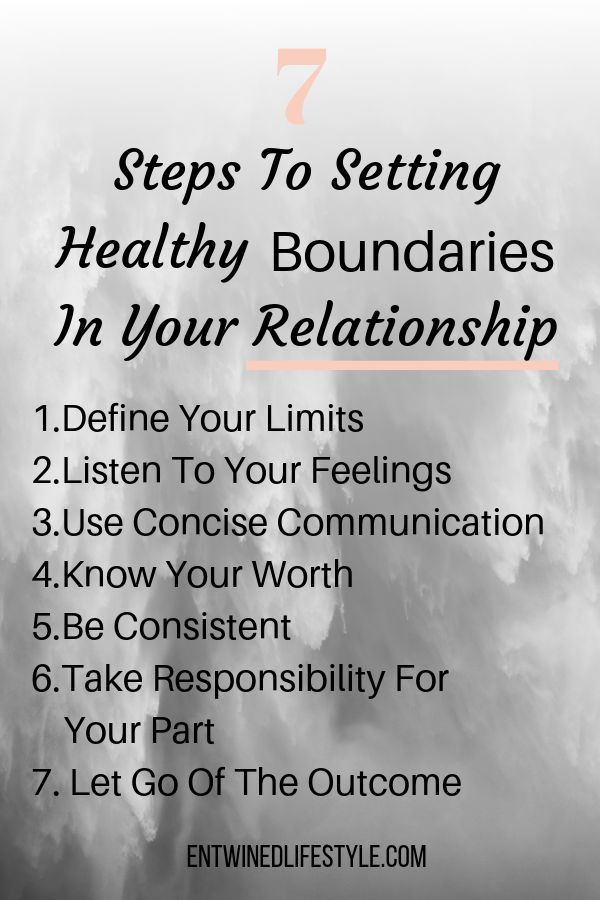
21 Examples Of Healthy Boundaries In Relationships
No matter the nature of your relationship, setting boundaries is a critical component to maintaining a healthy connection with your partner.
Seeking a close partnership should not have to conflict with your needs.
Becoming one as a couple means holistically knowing yourself, understanding your personal and emotional needs, and being able to communicate them to your significant other effectively.
It isn’t always easy to understand what your boundary issues are and how to communicate them.
We’ve created a relationship boundaries list to help you on your path to a loving and healing cohabitation.
[Side note: In this online course, learn healthy communication skills and build the intimacy you’ve always wanted in your relationship.)
What’s In This Article:
[show]
What Are Healthy Boundaries in Relationships?
The health of your communication defines healthy relationships.
Understanding your partner’s boundaries will transform your ability to communicate and help nip issues in the bud before they overwhelm you.
Healthy boundaries are a reflection of your principles, rules, and guidelines that you have set for yourself. A break in those boundaries arises when your partner disrespects, ignores, or isn’t aware of those principles or personal needs.
Having a lack of boundaries can often lead to emotional manipulation from your significant other, whether or not it’s intentional.
You may have issues with saying no when someone asks you a favor, or you may dislike public displays of affection.
If so, you must speak up and communicate those needs to your partner.
Learn to recognize the signs that someone has crossed your boundaries.
These include feelings of anger, resentment, or guilt.
The conversation you have with our partner may be tough at first, but it might be the key to a happy relationship.
21 Examples of How To Set Healthy Boundaries in RelationshipsThere are many types of boundaries in relationships, as well as boundaries in a marriage that can establish better communication and intimacy.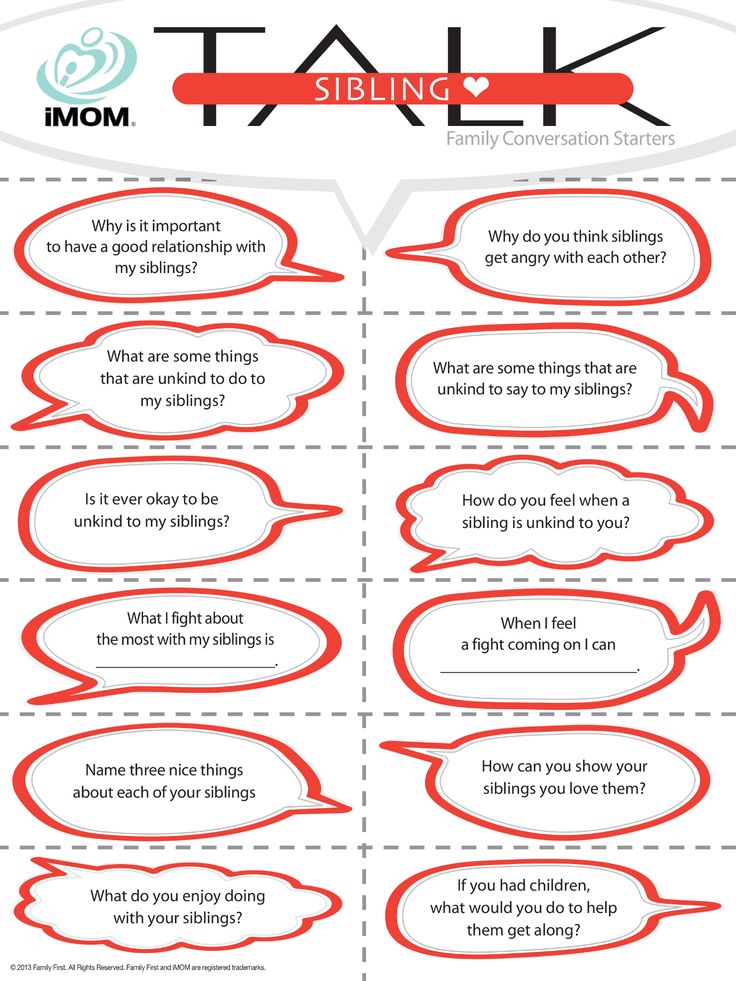
Some conversations may be easier than others, but it’s better they occur with preparation rather than during the tense moments after an argument.
It may also be helpful to enlist a personal therapist or a couples therapist to discern where you most need them.
Examples of Emotional Boundaries To Set
1. Saying No
You may find it easier to sacrifice your own needs for your partner’s out of a fear of upsetting them.
However, if they ask something of you that goes against your principles, disrespects your time, or forces you to sacrifice something important, it’s okay to say no. It doesn’t have to be harsh, but learn to say it assertively.
2. Refusing to Take Blame
Sometimes your partner may place the blame on you out of hurt or guilt. This behavior does not mean their anger is your fault. Do not let them skirt responsibility by manipulating your emotions. Acknowledge their pain, let them know you are there for them but assert that you will not accept responsibility for their actions.
3. Expecting Respect
You deserve kindness and loving communication. If you feel your partner is speaking from unjustified anger or with a disrespectful tone, you are within your right to remove yourself from the scenario.
Let them know that if they want to have a conversation, it must come from a place of respect.
4. Dictating Your Own Feelings
When you’re part of a couple, opinions and emotions can feel blurred. Learn to decipher your feelings from your partner’s and their perception of your feelings. If they speak for you, correct them and kindly ask that they do not dictate your emotions for you.
5. Finding Your Identity Outside of the Relationship
Codependency can lead to a melding of identities. “I” becomes “we,” and the “you” gets lost in the mix. Remember that you are not just one half of a whole but your own person with passions, interests, and vibrant intelligence. It’s okay to have a sense of self separate from your partner.
6. Accepting Help
Some people are more independent and find difficulty relying on their partner in tough times. If you need help, it can be good to establish where your boundaries are and what you do and do not want help with.
You may ask for help with finances but need space when dealing with family issues. This balance can be a delicate tango, but open communication leads to a smoother rhythm.
7. Asking for Space
Sometimes we just need to be alone in emotional upheaval. In a relationship, it can seem like you never are. Asking for space may feel to your partner like you are pushing him or her away, even though that’s not your intention.
Alone time is perfectly healthy and a key to maintaining your own identity and sorting through your problems. If you aren’t clear about needing space, your partner might feel neglected or that you’re avoiding them. Establishing upfront that you like to spend time alone will help later on.
8. Communicating Discomfort
Whether your partner tells a hurtful joke or crosses a physical line, learning to articulate your discomfort clearly will help in setting your boundaries. Let them know what you will not tolerate, and plan a course of action if he or she crosses that boundary.
Let them know what you will not tolerate, and plan a course of action if he or she crosses that boundary.
Phrases like “Please don’t do that, it makes me uncomfortable” or “I don’t like it when you ( ex: use that word, touch me there, use that tone)” are clear and concise.
9. Sharing Mutually
It’s okay to take things slowly at the beginning of a relationship. Don’t feel pressured to share everything upfront or feel you have to share first for your significant other to open up. Vulnerability should be mutual, with both partners checking in and creating a safe space for sharing.
10. Sticking Up for Yourself
In an argument, you or your partner may say things you regret that are mean or ugly. Establish that you won’t accept him or her speaking to you that way. You have intrinsic worth and deserve to be spoken to kindly. Make it known that you need an apology and that you need your partner to acknowledge the hurt their words have caused.
11. Choosing to be Vulnerable
Vulnerability should not be demanded. Of course, it is an important component of a healthy relationship, but you should never feel pressured to open up about a difficult topic in any stage of your relationship.
Of course, it is an important component of a healthy relationship, but you should never feel pressured to open up about a difficult topic in any stage of your relationship.
You share your feelings and experiences on your terms. You should feel safe to communicate that you may need time to discuss specific topics or memories.
More Related Articles:
68 Totally Relatable Quotes About New Relationships
Everything You Want to Know About Female-Led Relationships
21 Bare Minimum Expectations You Should Have In a Partnered Relationship
Examples of Personal Boundaries
12. Your Right to Privacy
There are many different levels of privacy. You may share a home computer, but keep your email password to yourself. This choice is reasonable. Your belongings, thoughts, texts, journal entries, and even topics as big as past relationships or traumas are yours to share or not share at your discretion.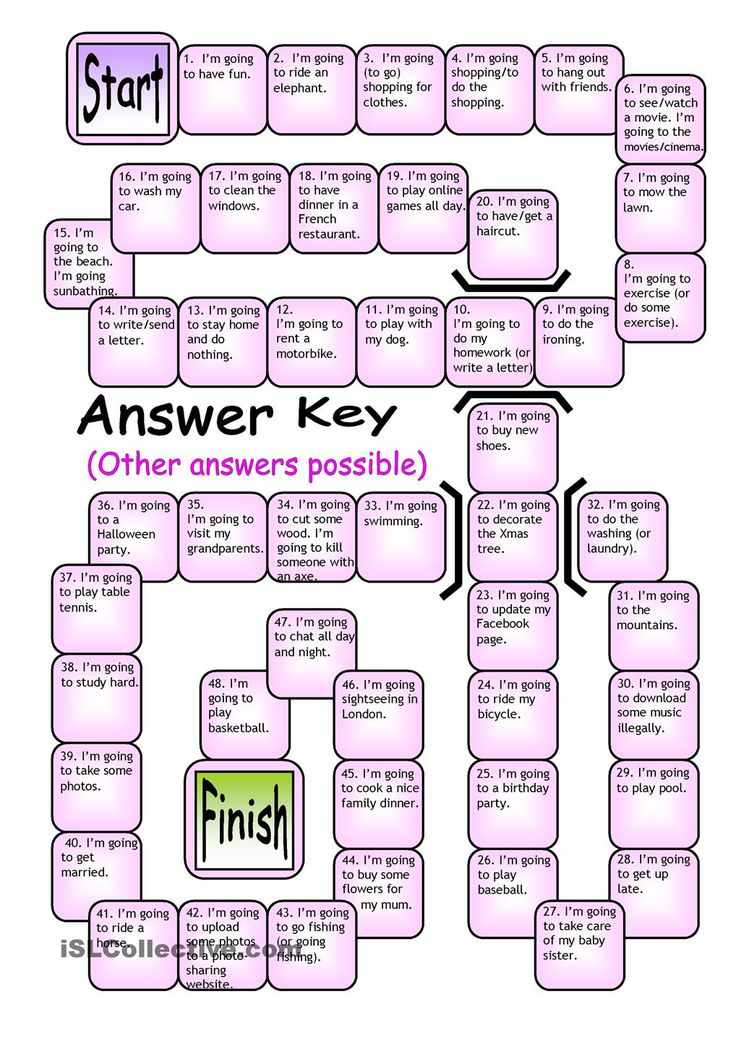 Infringement on those boundaries is not acceptable.
Infringement on those boundaries is not acceptable.
13. The Ability to Change Your Mind
Your choices are your decision, as is the option to make a new one. If you change your mind, your partner should not make you feel guilty for it. Be clear with your reasoning or simply state that you decided to change your mind. Of course, being open is important, but it should happen on your terms.
14. Your Right to Your Own Time
You get to dictate where and with whom you spend your time, alone or apart. Maybe you don’t love going to Monday night football. Establish that Monday nights are your alone time or your weekly wine night with your pals. Perhaps you need to be by yourself for a few days after a big fight; you are within your right to ask for that.
15. The Need to Handle Negative Energy
A personal boundary can also be one that you set for your own behavior. It is important to navigate unhealthy anger and resentment so you aren’t bringing negative energy into a shared space.
If you can’t let it out on your own, ask for help. Share your negative emotions and lighten those toxic feelings by being honest about your mood.
16. The Freedom to Express Sexual Boundaries
The beginnings of physical intimacy with a new partner is an exciting time, but navigating personal boundaries in sex can be awkward or even scary. Openly communicating your needs or discomforts is essential, though finding the words can be tricky.
Remember that every step you take requires enthusiastic consent from your partner, and you should never feel pressured into anything. Talk with each other regularly. Share fantasies and discuss boundaries. Honesty and vulnerability are powerful.
17. The Freedom to Express Spiritual Boundaries
Your beliefs are your own, no matter how much you may or may not have in common with your partner in terms of spirituality or religion. You and your significant other should respect each other’s beliefs, foster and encourage each other’s spiritual growth, and be open to learning about the other’s culture or faith.
18. The Right to Remain True to Your Principles
Set a boundary with yourself that your principles remain in place no matter who you are dating. Of course, you can change your mind as your conversations with your partner open new doors to new ideas. But you shouldn’t feel pressured to adopt his or her stances out of fear of upsetting them.
19. The Ability to Communicate Physical Needs
Learn to communicate what your body needs. Are you a vegetarian and don’t want meat in the house? Are you an early riser who needs to be in bed before 10:00 pm? Then make sure your partner respects your physical needs by not making loud noises or watching TV late into the evening.
On the other hand, learn about your significant other’s boundaries. If they prefer a later bedtime, work out an arrangement rather than pressuring them to go to sleep before their biological clock allows them to.
20. Your Right to Your Material Possessions
Deciding what to share and what to keep for yourself is never an easy task.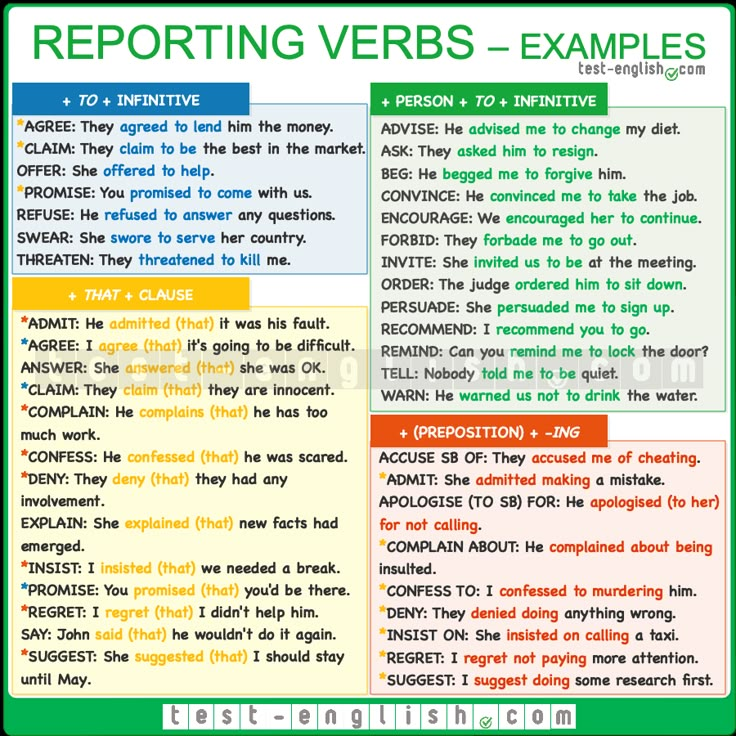 Some couples open joint bank accounts, while others forego that for financial independence. Material and financial boundaries are commonplace in every relationship.
Some couples open joint bank accounts, while others forego that for financial independence. Material and financial boundaries are commonplace in every relationship.
21. Your Ability to Manage Your Own Time
Another relationship boundary to set for yourself is learning to manage your time in a way that doesn’t disrespect your significant other’s.
When you’re single, you can put off doing the dishes as long as you want. However, in a relationship, your time is not just your own. If you agree to date at 8:00 pm, it’s essential to stick to your word.
That means learning to manage your time respectfully, even when you’re alone.
How to Set Boundaries in Relationships
It’s one thing to know what your boundaries are, but it’s a whole different ball game to establish them, especially if that means unlearning bad habits. Try to avoid reactionary anger when setting boundaries.
We often don’t know what our boundaries are until someone crosses them.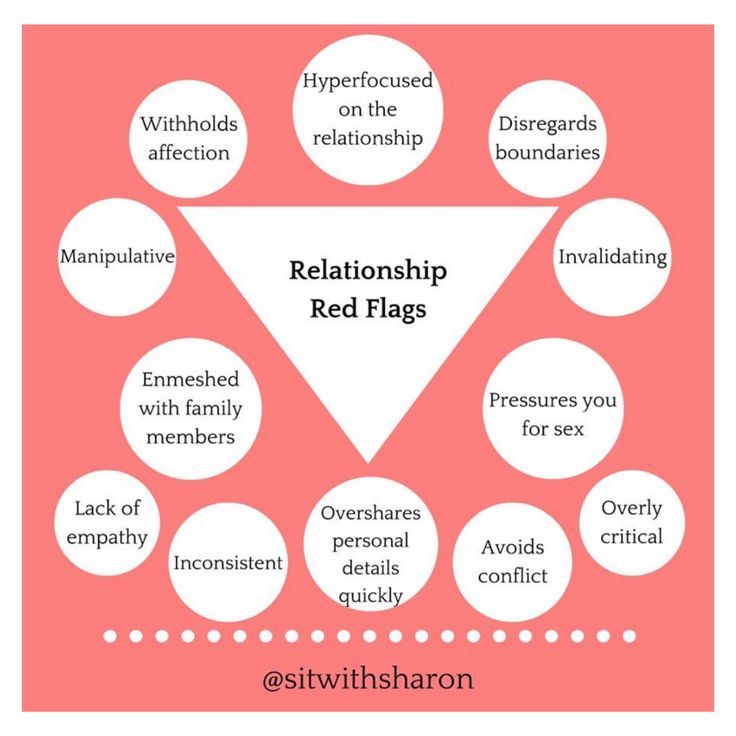 However, there are better ways to communicate to your partner what they are.
However, there are better ways to communicate to your partner what they are.
Here are some thoughts on establishing your boundaries in a relationship:
- Find a Calm Moment: If your partner crosses a boundary, work through your anger first in a safe and healthy way. Take time to yourself, and write down what disturbed you. Define the boundary and wait until a peaceful moment to have a conversation.
- Be Assertive: State your boundaries clearly and effectively. Make it known that you will not tolerate that boundary being crossed and why it bothers you.
- Be Loving: Don’t threaten your partner or speak out of anger. Let him or her know that you are setting your boundaries out of trust and love for them and yourself.
- Reciprocate: Be sure to ask your partner what boundaries they need to establish and do your best to honor them. Model the behavior you want to see in your partner.
How will you set boundaries in your relationship?
It may be scary to be vulnerable and admit what you need from your significant other, but you know yourself and what you need better than anyone else.
A loving partner, the partner you deserve, will respect and value the boundaries you have set.
Ultimately, you will find yourselves closer than ever. Showing your loved one that you are willing to set boundaries will help them share their boundaries with you. It may take time and hard work, but the best things always do.
What are boundaries in relationships and how to build them: advice from a psychologist
Psychological boundaries are a mysterious phenomenon: they cannot be seen and cannot be felt, but they are of great importance to us. Psychologist Evgenia Nemirovskaya on what is important to know about them.
In order to protect my borders, it would be good to get to know them first, or rather, to determine: what exactly is good for me and what is bad? What is pleasant and what is not? What is allowed and what is not. And the next step is to talk about your boundaries.
Content of the article
Where am I?
Psychological boundaries are the understanding of one's own "I", separate from others. Inside the boundaries is everything that makes up your "I" - body, feelings, intellect, character, abilities, values, behavior, desires, etc. Psychological boundaries perform the same function as any other boundaries - separate and protect one's own from someone else's. Every person has boundaries, they are formed from childhood as they grow up - in the process of education, communication and socialization. Adults teach children to recognize and defend their own boundaries and respect the boundaries of another.
Inside the boundaries is everything that makes up your "I" - body, feelings, intellect, character, abilities, values, behavior, desires, etc. Psychological boundaries perform the same function as any other boundaries - separate and protect one's own from someone else's. Every person has boundaries, they are formed from childhood as they grow up - in the process of education, communication and socialization. Adults teach children to recognize and defend their own boundaries and respect the boundaries of another.
This is a violation!
Violation of personal boundaries is an encroachment on the property of the "I", can be experienced as awkwardness, annoyance, shame, resentment, irritation, suddenly spoiled mood and other "unpleasant" feelings. If such feelings arise, this is a signal - most likely, your boundaries have been violated.
Each of us has our own boundaries, so what is good for one, the other experiences as non-observance of personal space.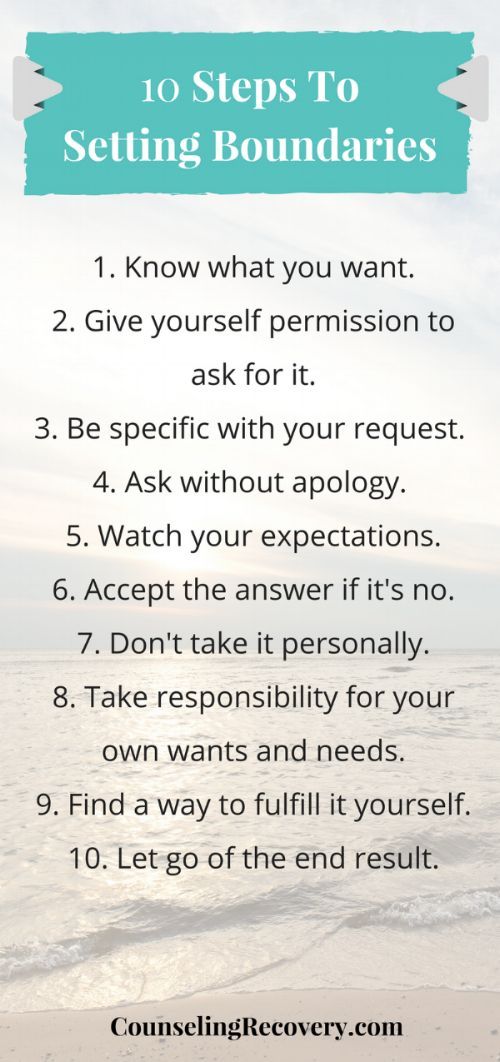 Someone is not bothered by round-the-clock messages or even calls for work, while the other strictly separates work time from personal time. Someone will calmly listen to unsolicited neighborly advice and even learn something useful from it, while another person will regard it as a gross interference in his personal life. Someone loves intruders and spontaneous tea parties, while for another such a surprise is the worst of nightmares.
Someone is not bothered by round-the-clock messages or even calls for work, while the other strictly separates work time from personal time. Someone will calmly listen to unsolicited neighborly advice and even learn something useful from it, while another person will regard it as a gross interference in his personal life. Someone loves intruders and spontaneous tea parties, while for another such a surprise is the worst of nightmares.
How to protect your own and respect other people's borders?
In order to defend my borders, it would be good to get to know them first, or rather, to determine: what exactly is good for me and what is bad? What is pleasant and what is not? What is allowed and what is not. And the next step is to talk about your boundaries.
How to choose the correct words? It is possible to defend your boundaries in a polite, delicate way. The recipe is simple: try to imagine yourself in the place of the listener to whom your message is addressed: in what words would you like to hear it?
It can be said that the main word in the matter of defending the boundaries is the word "no". Unfortunately, often, due to the peculiarities of our culture and upbringing, it is not easy for many of us to pronounce it, especially in response to care, and for years we eat something that is not tasty, but cooked “specially for us”, we smile in response to good neighborly advice , habitually hiding irritation, we agree with someone else's opinion, which runs counter to ours, gradually losing confidence in ourselves.
Unfortunately, often, due to the peculiarities of our culture and upbringing, it is not easy for many of us to pronounce it, especially in response to care, and for years we eat something that is not tasty, but cooked “specially for us”, we smile in response to good neighborly advice , habitually hiding irritation, we agree with someone else's opinion, which runs counter to ours, gradually losing confidence in ourselves.
It is worth gathering your courage and still protecting your borders, because everyone will benefit from this - both you yourself and the person you are addressing, because he will be able to take into account your wishes, i.e. treat you with respect. At least he will have a chance to do it. Otherwise, he will probably "do you good" and you will endure. For what?
Defending one's borders does not mean starting a war with near and far. This can and should be done gently. In order not to violate the boundaries in response, it is more efficient to use the so-called "I-message", that is, to speak exclusively about yourself and your feelings.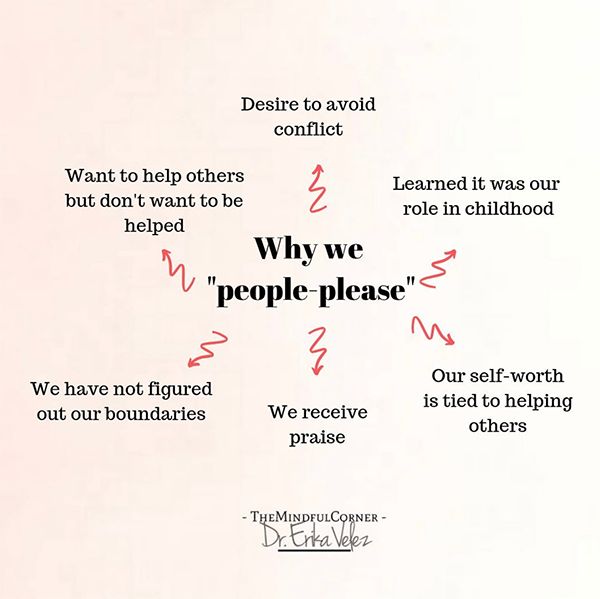 For example: “I don’t like it when you say ...” or “Thank you for your concern, this does not suit me” or “Thank you, I will decide for myself.”
For example: “I don’t like it when you say ...” or “Thank you for your concern, this does not suit me” or “Thank you, I will decide for myself.”
How to respect the boundaries of another?
Ask and hear the answer. Hearing is not literally recognizing the sound of the speaker's voice, but accepting what he says, even if it categorically contradicts his own thoughts, feelings, desires.
It is easy to respect the boundaries of a similar person with whom you coincide in many ways, and it is incredibly difficult for someone who is very different - thinks differently, sees differently, feels differently. But respect is such a special vision that allows you to see another behind your own.
There are many ways to violate personal boundaries:
-
“I enrolled you in a peony care course. This is a very good course, there are few places.
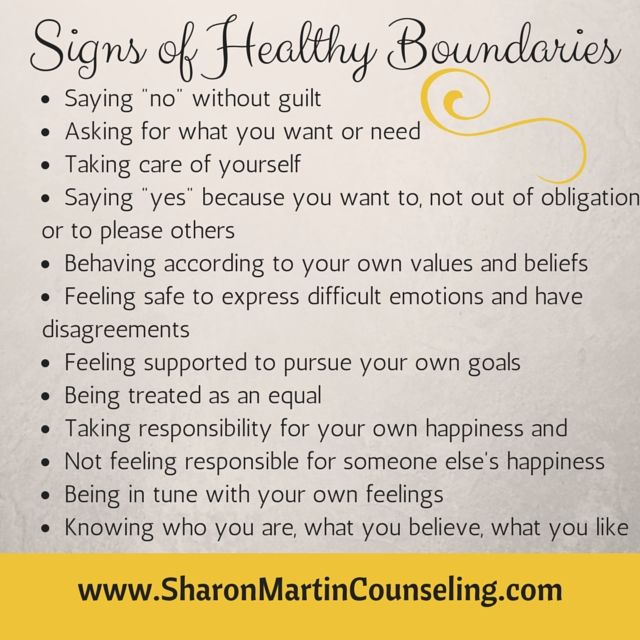 So great that you got it!" This is a violation of personal boundaries under the guise of care. It would be nice to find out what plans and desires a person has in general, whether he needs your participation.
So great that you got it!" This is a violation of personal boundaries under the guise of care. It would be nice to find out what plans and desires a person has in general, whether he needs your participation. -
“If I were you, I would do it differently, but like this...” This is a violation of personal boundaries by devaluing the opinions and desires of another. Do you prefer to decide for yourself what to do? And others too.
-
“It seemed to you, in fact...” This is an attack on the personal under the guise of substituting the point of view of another.
-
"You should do this." This is a violation of personal boundaries with the help of unsolicited advice. Yes, it is difficult to resist, but it is better to wait until you are asked for advice.
-
"You're smart, you did the right thing!" Yes, even that is a violation of personal boundaries. In this case, an unsolicited assessment or even a compliment.
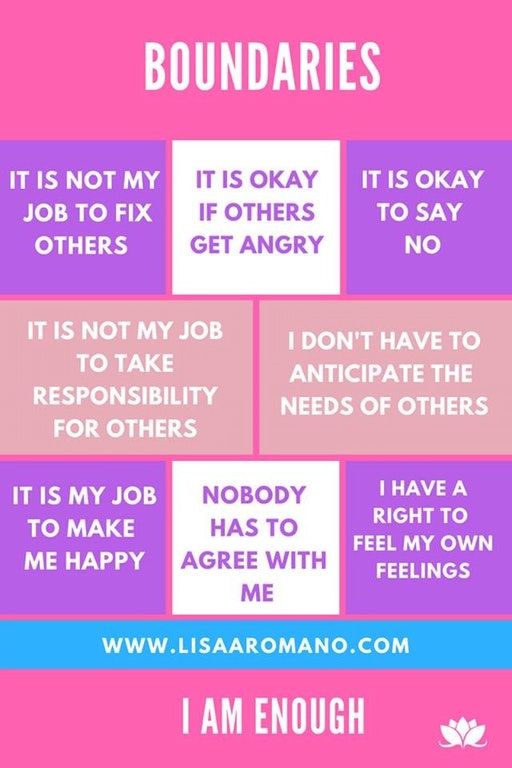
Hard boundaries? Weak boundaries? Healthy boundaries!
Rigid boundaries, on the one hand, reliably protect against unwanted encroachments, but, at the same time, make it difficult to establish close, trusting relationships with other people. And, on the contrary, too weak, "permeable", "bending" boundaries excessively involve others in the problems, make a person dependent and too impressionable.
Healthy boundaries are that golden mean that allows you to value your opinion and listen to others at the same time, to know your needs and declare them, to establish warm relationships, but not to dissolve in them. Healthy boundaries are the key to healthy relationships. If the boundaries are violated, this gives rise to irritation and anger, which makes it much more difficult to communicate even with the closest relatives and friends, not to mention the devastating consequences for the psyche and even the body of a person.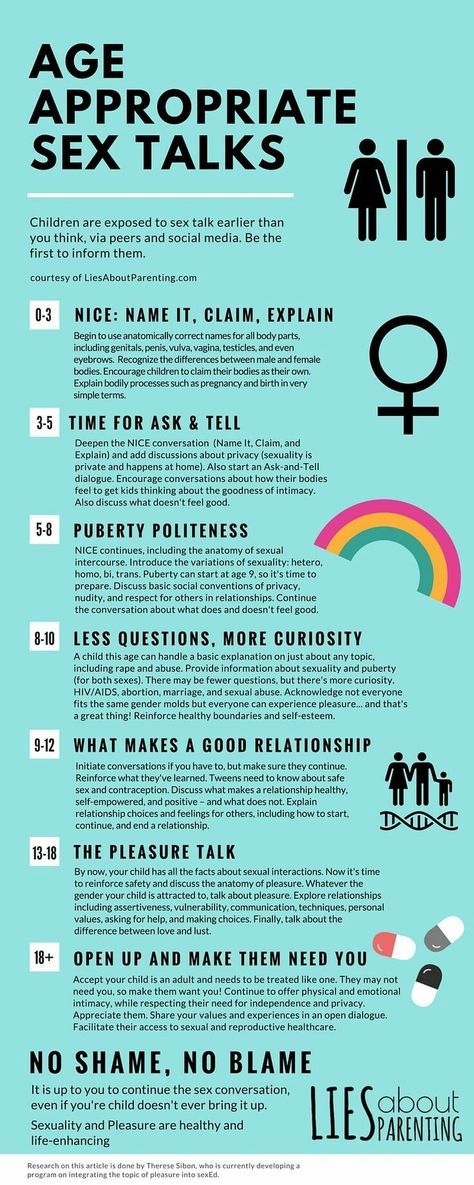
If the borders are locked, then no one can get there, even with love and care. And only healthy boundaries allow you to take care of yourself and give a chance to take care of another. Healthy boundaries are the foundation of the mutual respect we talk so much about and so desperately want from those around us. Respect yourself - this will allow you to respect others, and others to respect you.
I'm in the house: how to set boundaries
Personal boundaries are a line that runs between individuals, the people around them, and larger social systems. They are needed so that we can clearly feel: where I am, and where I am not; where are my own emotions, actions, beliefs and thoughts, and where are others. And if these emotions and thoughts are mine, then I am responsible for them and control them. Borders also protect our inner world from outside encroachment.
They may look like a five-meter stone fence with barbed wire and machine gunners on the towers.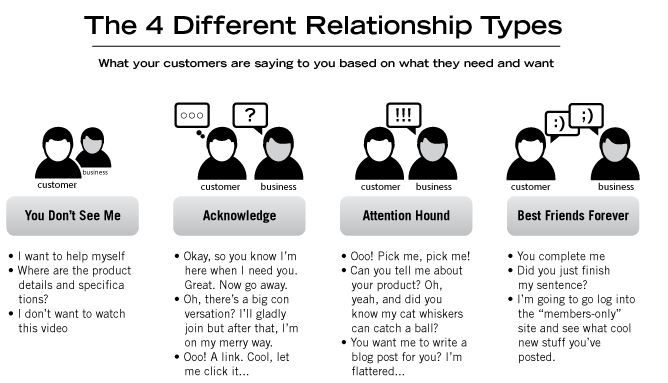 Or they may be absent altogether - all the doors will be wide open. Boundaries can change depending on the context and environment, become solid for some people and completely blurred for others.
Or they may be absent altogether - all the doors will be wide open. Boundaries can change depending on the context and environment, become solid for some people and completely blurred for others.
Personal boundaries can be opened for "import", when we gladly accept other people's help, resources, time, money, etc., or for "export" - our own resources. We usually import what we especially need, and we export either what we have in abundance, or what we hope to get a good price for.
Boundaries are needed to mark two important issues:
1. What do I consider my property (and, accordingly, I will protect)?
2. What am I responsible for (and will try to control)?
Boundary checking
How does this manifest itself in specific behavior? There are people for whom property boundaries can be very arbitrary.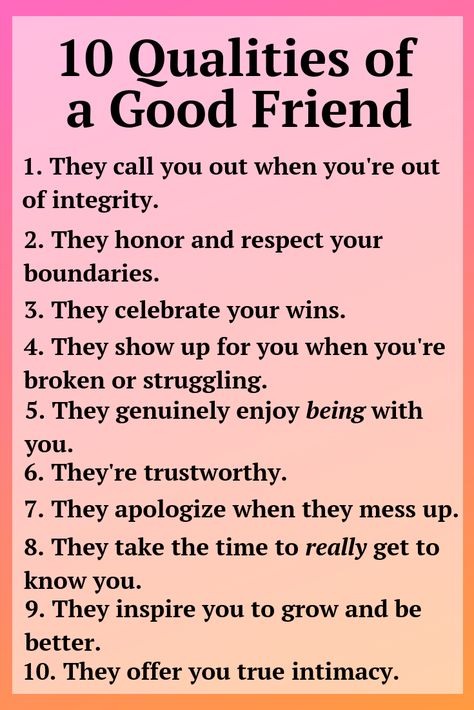 Such a person does not consider anything his own, inviolable, he "does not become attached to things." He cannot close himself in his room because he considers it impolite. Such people cannot refuse help or money, even realizing that this money will not come back. Their borders are always open for imports, it is important for them that people see them as kind, generous and open. It's a way to build relationships. Sometimes they even think that having nothing of their own is safer.
Such a person does not consider anything his own, inviolable, he "does not become attached to things." He cannot close himself in his room because he considers it impolite. Such people cannot refuse help or money, even realizing that this money will not come back. Their borders are always open for imports, it is important for them that people see them as kind, generous and open. It's a way to build relationships. Sometimes they even think that having nothing of their own is safer.
The opposite type is people whose boundaries are too wide. They consider everything their property - wife, children, employees, office or apartment space, other people's things and time. They do not see other people's boundaries and do not consider it necessary to observe them. Wherever such a person is, there is always “too much” of him, he captures the space around him. And if he was not given something in a good way, he can take it away "in a bad way.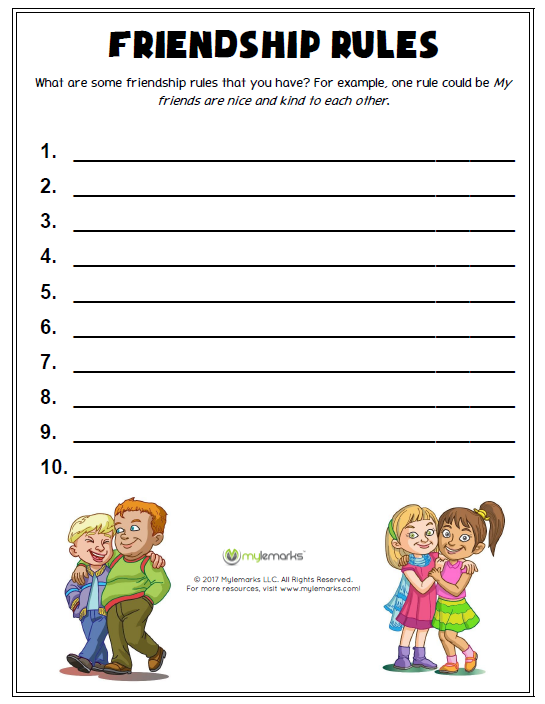 "
"
Two "extreme" types also exist in relation to responsibility. There are people who take on too much, trying to control what is beyond their control. Such a wife thinks that her husband yelled at her because she did not have time to set the table on time or did not clean up well enough. People agree with every charge brought against them. The logic is this: if I tried better (guessed other people's desires and did everything right), then this would magically change those around me, make them happy and loving. People with such a strategy of thinking lack recognition and praise, they are ready to do everything to get this simple currency.
The other extreme is characters who are not ready to take responsibility not only for others, but also for themselves. They do not see their contribution to the development of conflict situations, do not accept criticism and try to avoid any obligations. If you entrust them with a project, they will either require a partner or will come running every half hour with questions and clarifications so that the responsibility does not lie with them (or at least not with them alone). Men with a fear of responsibility are almost elusive for marital or paternal obligations. They consider them a violation of their boundaries, because the family will force them to change their usual way of life.
If you entrust them with a project, they will either require a partner or will come running every half hour with questions and clarifications so that the responsibility does not lie with them (or at least not with them alone). Men with a fear of responsibility are almost elusive for marital or paternal obligations. They consider them a violation of their boundaries, because the family will force them to change their usual way of life.
Border Guard Day
How to define your borders and protect them? Unfortunately, you cannot put up pegs and notify others that “this half a meter of land around me is my territory, do not enter without knocking.” Although, in fact, this is exactly what young ladies with long puffy skirts did in the old days.
In my trainings I often do a simple exercise.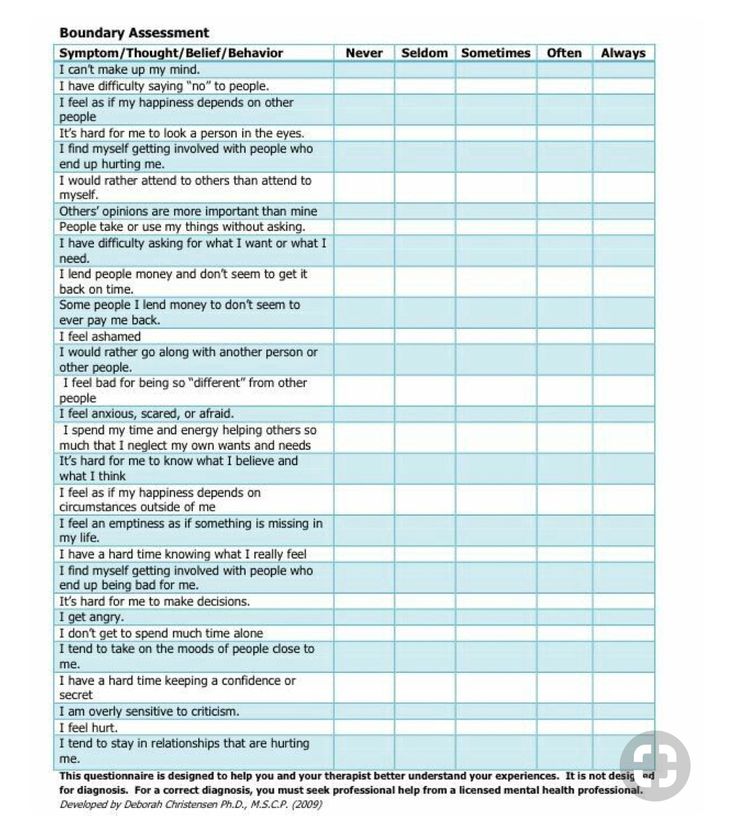 I ask a person to designate a limit invisible to others, and I begin to slowly approach it - step by step. The task of the participant is to make it clear without words that I am already close to the point that I do not need to cross. The reaction is very different. Someone is very calm at first and only at the last moment begins to frown. Someone, on the contrary, from my first step “gets into a pose” and puts on “boxing gloves”. Very polite people let me close, with a bewildered smile on their face. And only then it turns out that I have long passed the intended border. There was also such an “intelligent” reaction: when a person understands that I am not going to stop and provoke him to more obvious actions, he himself takes a step back, leaving his integrity stable. But in order to stay at a safe distance from me, he has to give up his territory.
I ask a person to designate a limit invisible to others, and I begin to slowly approach it - step by step. The task of the participant is to make it clear without words that I am already close to the point that I do not need to cross. The reaction is very different. Someone is very calm at first and only at the last moment begins to frown. Someone, on the contrary, from my first step “gets into a pose” and puts on “boxing gloves”. Very polite people let me close, with a bewildered smile on their face. And only then it turns out that I have long passed the intended border. There was also such an “intelligent” reaction: when a person understands that I am not going to stop and provoke him to more obvious actions, he himself takes a step back, leaving his integrity stable. But in order to stay at a safe distance from me, he has to give up his territory.
I don't know how you would react in this exercise. Think about it.
You can defend your borders in different ways in different situations.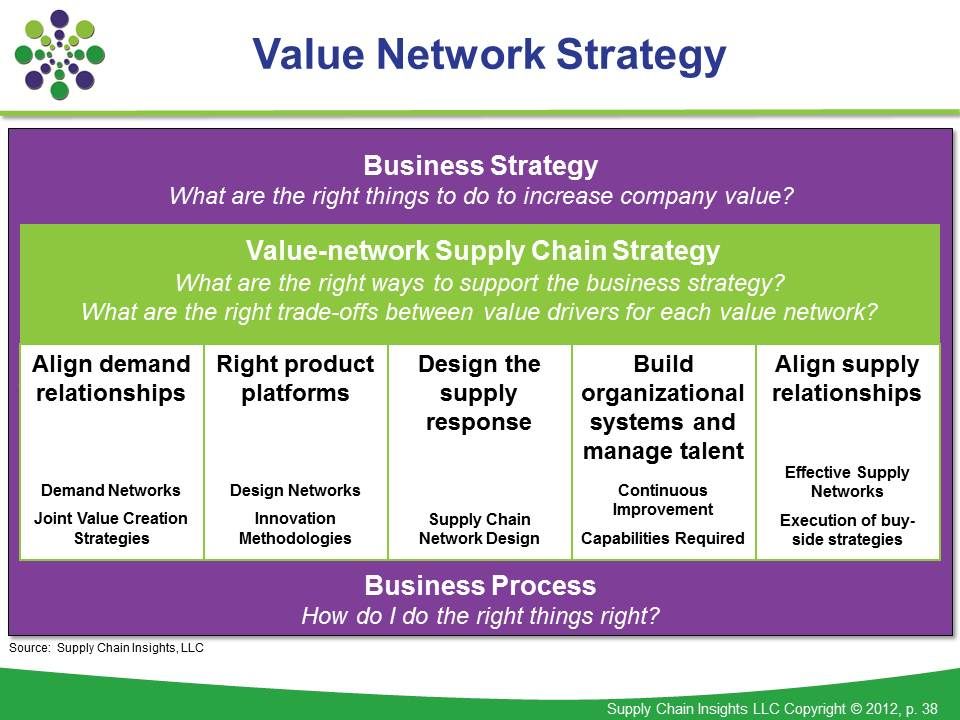 The ability to say "no" (without the subsequent sprinkling of ashes on the head!) Is an important personality skill. It is necessary for those who easily succumb to pressure, aggression and other "honest ways of taking money."
The ability to say "no" (without the subsequent sprinkling of ashes on the head!) Is an important personality skill. It is necessary for those who easily succumb to pressure, aggression and other "honest ways of taking money."
The ability to create and protect one's own boundaries, of course, is formed even by parents. But over the course of life (and with different people), boundaries can change many times. Teenagers, for example, protect them militantly, they need this life period in order to separate from their parents and learn to build their own lives on their own, to respect themselves. And couples in love sometimes completely dissolve in each other, and only then they begin to notice that it has become crowded. If you do not revise the rules of interaction in time, do not outline the circle of your interests, then the couple comes to a crisis or even breaks up.
Like any other skill, the ability to see and respect one's own and others' boundaries may well be mastered at a later period of time.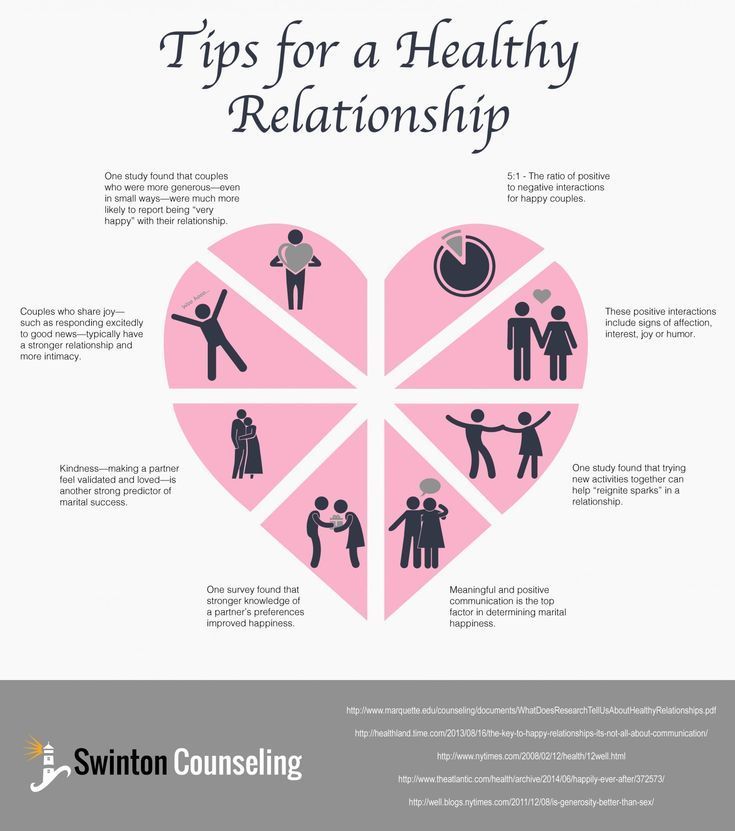
How to defend your territory
How do you react to a yelling boss? Do you get nervous before public speaking? Are you able to refuse requests from loved ones if they are inconvenient for you? Do children have the right to disagree with you, to close in their room? How do you feel when your spouse (or best friend) said something “wrong”? Do you want to suggest, correct, give a cuff, shame, do you think that the actions of loved ones “dishonor your reputation”?
The skill of respecting other people's boundaries is, first of all, allowing other people to be different from you. A good aphorism caught my eye recently: “Selfishness is not when you do what you want. This is when you are sure that others should do what YOU want. When you want to "do good" to someone - that is, to help, give advice, stand up for someone, correct the situation - pause and look around.